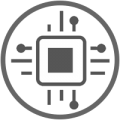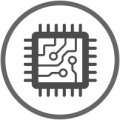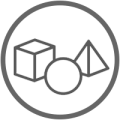Certification & Compliances
Your product prototype needs to be certified before you can legally ship and sell it worldwide. When it comes to product certification you need a reliable and safe product design not only for the end user but also for the environment itself. Federal agencies across most countries have high standards in terms of end user and environment safety.
Most electronic products require multiple certifications in order to be sold. Which certifications you will need depends on your product specifics and the countries where you will market and sell it.
Don’t overlook the cost and time you will need to obtain all of the certifications necessary for your product.
Certifications may not be the most captivating subject, but it’s essential that you understand all the certifications required for your product.
For product certification programs that are mandatory and subject to legal enforcement, getting the product tested and certified can help avoid financial risk, prosecution, harm to reputation and claims for compensation and damages. Manufacturers can ensure ongoing commercial success and maintain a competitive advantage with the correct product certification.
Common certifications
The certifications required for specific products vary by the country of origin and the intended sales markets.
The specific certifications required by a given customer typically vary based on the country of origin and the intended markets. Some industrial environments, especially hazardous ones, will have requirements designated by regulations or an industry authority, while others can be imposed by insurance companies.
An assurance of quality
The risk of using cheaper, especially unbranded, components as a cost-saving measure is that they may not have been tested to any government standards. Using a product without any testing marks gives no assurance that the unit has ever been tested for manufacturing quality. Standards also go beyond testing procedures and look at the quality of product design and manufacturing practices.
- Demonstration of due diligence to ensure products meet the relevant criteria for quality
- Ability to break into new markets and maximize the potential of existing markets
- Enables the product to stand out from the competition with a clearly visible mark representing quality
- Demonstrates to current and prospective customers that the product has undergone a rigorous audit and testing process
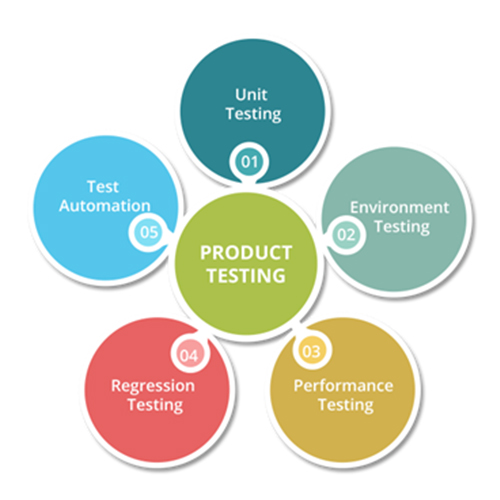
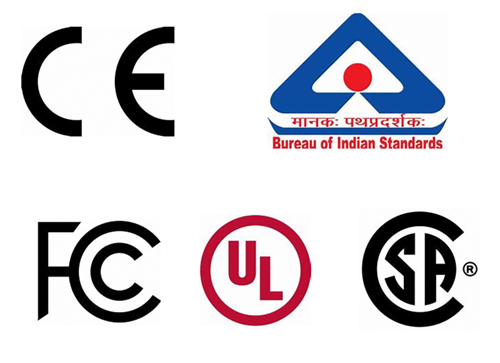
Here are some of the most common certifications you come across:
UL : Underwriter Laboratories are a global certification company headquartered in the United States. They perform safety testing and issue certificates covering a wide range of UL standards. The Recognized Component Mark is a quality mark issued by UL placed on components that are intended to be part of a UL listed product. UL also administers voluntary marks for Japan and Australia.
CE : ConformitEuropenne is a certification mark for health, safety, and environmental protection standards for products sold within the EEA. CE includes basic requirements for levels of potentially hazardous chemical content such as lead and cadmium.
CSA : The Canadian Standards Association develops standards in 57 areas for safety and performance.
FCC : An independent agency of the United States government, the Federal Communications Commission has broad responsibility for regulating interstate communications by radio, television, wire, satellite, and cable. An FCC mark indicates that a product doesn’t cause excessive amounts of radio frequency interference.
CCC : The China Compulsory Certificate has been effective since 2003, when the marks CCIB and CCEE were combined. The CCC mark is required for both Chinese manufactured and foreign imported products.
RCM: The Regulatory Compliance Mark replaces A-tick and C-tick compliance marks as of 2016. The mark is administered by the Australian Communications and Media Authority (ACMA)
Our experienced design and development team can guide you what certification are required for your product idea and tailor the design of your innovative product right at the planning phase such that your product gets certified at first test. This saves you the hassle of having to go through the entire certification process repeatedly, saving you a lot of time and money (resubmitting your product for certifications if it fails at the first time). Certification process can be destructive, and it costs you time and money rebuilding new prototypes submitting the agency if it fails to the standards. Leverage your product success with our repository of knowledge and expertise in terms of product certification, Design that meets worldwide product certification standards.

Technology Platform












